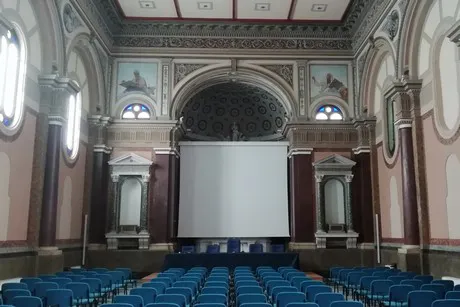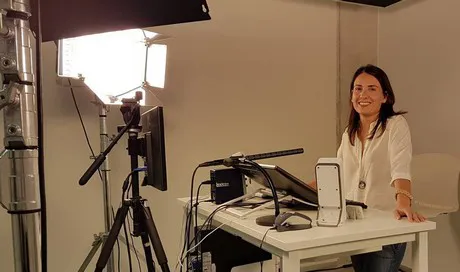Is it possible to accurately predict the final composition of tomatoes by entering the fertilizer solution data in a mathematical formula? Or use data from the latest generation environmental sensors to establish at any time the exact degree of ripening of a load of fruit traveling between Europe and China? Or create three-dimensional virtual orchards to be able to run all the experiments you want in a short time and at low cost? Or save on irrigation doses or fertilizers up to the precise point in which you have no impact on yield? Or establish the nutritional value and/or potential shelf life of a fruit or salad through a digital image?
These and many other things will still be discussed by scientists from all over the world who will take part in the “VI International Symposium on Modeling in Horticultural Supply Chain” which will take place in Molfetta, Italy, from 9 to 13 June 2019.

The event, which takes place every 4 years (the last edition in Wageningen, Netherlands in 2015) is very prestigious and it was not by chance that it had the patronage of three important Italian scientific societies: the Italian Society of Horticultural Science (SOI), the Italian Association of Agricultural Engineering (AIIA), and the Italian Society of NIR Spectroscopy (SISNIR), in addition to the institutional patronages of the Regione Puglia and the of City of Molfetta.
A lecture by Prof. Harald Martens of the Norwegian University of Science and Technology will open the event on June 10, a scientist whose world fame is linked to multivariate analysis. Prof. Martens will talk about the main possibilities in the context of Big Data analysis and will present an artificial intelligence software. This will be followed by Prof. Emeritus Pol Tijskens of Wageningen University and Research (Netherlands) who will illustrate how to move from the observation of a natural phenomenon to the hypothesis and validation of a mathematical model that describes it.

Fifty oral communications will follow, introduced by 5 keynote lectures grouped in nine sessions dedicated to different themes, ranging from product quality and shelf-life prediction, to non-destructive techniques for monitoring plant physiology in the field and in post-harvest, from computer applications for the improvement of the fruit and vegetable supply chain, to the estimation of the physiological response of plants to environmental conditions and cultivation techniques.
On the evening of June 9 there will also be a prologue lecture on "Xylella fastidiosa in Europe, an example of a global threat to agriculture" by Dr. Pierfederico La Notte of the CNR of Bari, Italy.
Model-It 2019 will take place in the evocative setting of the Auditorium of the Museo Diocesano, in the historic center of Molfetta: admission will be reserved only for registered participants and the language of communications will be English.
It's still possible to register through the event website where the detailed program can be downloaded.
For more information:
Giancarlo Colelli
Tel: +39 0881 589105
Email: giancarlo.colelli@unifg.it
